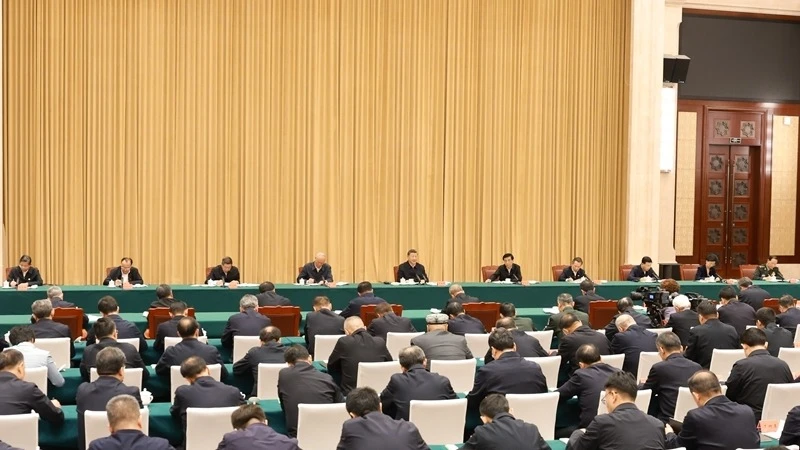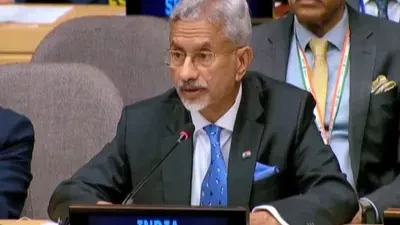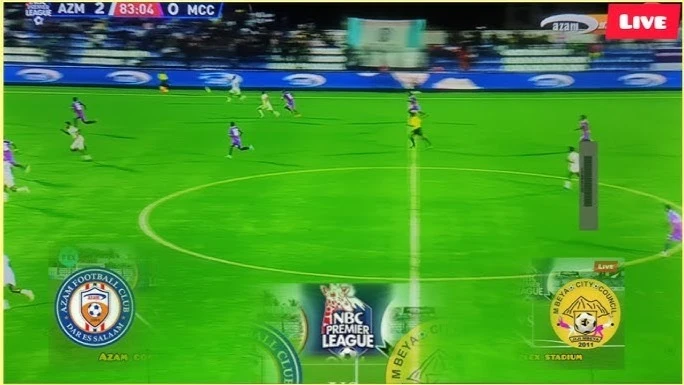Effective invigilation is a cornerstone for quality education

EXAMINATIONS are a fundamental part of the education process, serving as a key measure of knowledge and understanding gained after years of study. They provide teachers, policymakers, and other stakeholders in the education sector with a reliable basis for decision-making.
When a student performs well in an examination through their genuine ability—without shortcuts or fraudulent practices—it not only rewards the individual but also assures society of progress. Competent individuals can then effectively contribute to critical sectors and drive national development.
For this reason, it is crucial that examinations are supervised to the highest possible standards. Compromising examination integrity undermines education quality and, in turn, weakens the foundations of a nation’s future.
Why proper invigilation matters
The consequences of poor supervision in examinations extend beyond individual students. Consider the medical field: if an unqualified student cheats their way through school and is later allowed to perform surgeries, patients’ lives are put at risk.
No individual wants to receive care from an incompetent professional. This example shows why examinations must be credible. A society that values quality services must begin by ensuring that examinations are conducted with care and integrity.
When examinations are well managed, they produce competent professionals in all sectors, from teaching to engineering to medicine. Society at large benefits when qualified individuals provide quality services. If communities demand quality, then it should not matter who gets the opportunity—what should matter is the ability of the person to do the job effectively.
Unfortunately, many people approach examinations with a narrow view, focusing only on personal gain. For some, the end goal is simply to acquire good grades that may lead to a well-paying job, regardless of how those grades are earned. This egocentric mindset fuels malpractice, including examination leakage and cheating.
Building awareness on the value of education
It is important to educate society about the broader value of education. The fruits of learning extend beyond the individual, benefiting families, communities, and the nation as a whole.
For instance, the performance of learners reflects the competence of teachers, meaning that quality education indirectly validates the role of educators. The ripple effects of genuine education reach all corners of society.
To protect these values, education at all levels must be safeguarded by ensuring effective examination supervision. Education is not just a passing trend; it is a transformative force in all aspects of human life. Learners must be prepared to undergo assessment with integrity and take pride in passing examinations through their own effort.
When learners view education as a responsibility rather than a mere reward, they develop values of patriotism, integrity, and discipline. These attributes, attached to education, make it more impactful and ensure that students contribute meaningfully to society after schooling.
Creating a positive examination culture
Society must aim to create an environment where examinations are not feared but embraced positively. Examinations should be seen as an opportunity to learn, reflect, and progress. To improve the quality of education through proper invigilation, exam supervisors must adopt deliberate strategies.
An invigilator should avoid thoughts suggesting that they should not be strict. Human nature often inclines people to seek good outcomes even when undeserved. Teachers and learners alike may desire high results, but examinations must remain fair and credible. Invigilators should therefore uphold the rules and regulations of examination conduct, ensuring that students’ performance reflects their genuine effort.
Examination results are not gifts but outcomes of deliberate preparation. Invigilators should resist any pressure or emotions that may tempt them to assist candidates in finding answers.
Invigilators must avoid building close relationships with teachers or administrators of the schools where they are posted. Too much familiarity may lead to persuasion and compromise.
For instance, private schools, which often operate as business entities, may attempt to secure unfair advantages to maintain competitiveness in the education market. To prevent such misconduct, invigilators should remain strong, determined, and focused on their duties.
Keeping professional distance also helps to prevent the perception that invigilators might help students during examinations. This separation ensures fairness and transparency.
The demeanor of an invigilator has a powerful influence on how examinations are conducted. Seriousness and authority discourage misconduct. An invigilator who demonstrates commitment to the rules creates an environment where students know that cheating will not be tolerated.
Simple measures, such as consistently reminding students of the importance of integrity and the consequences of malpractice, reinforce credibility. When learners clearly understand that an invigilator is firm, they are less likely to attempt dishonesty.
Efforts to combat malpractice must go beyond invigilators. Society at large must appreciate the value of examinations and support integrity in education. Families, communities, and institutions need to reinforce the message that genuine effort is more rewarding than shortcuts.
Effective invigilation validates the entire teaching and learning process by ensuring that educational goals are met. Without proper supervision, the objectives of the education sector cannot be realized.
Moreover, instilling values of honesty and responsibility in learners helps build a generation of professionals who are not only skilled but also ethical. Such individuals contribute to national growth while upholding the dignity of their professions.
Education is one of the most powerful tools for societal transformation. To safeguard its value, examinations must be conducted with the utmost integrity. Effective invigilation ensures that results reflect true ability, producing competent professionals who can meet society’s needs.
Invigilators play a critical role in this process by avoiding complacency, maintaining professionalism, and demonstrating seriousness. However, the broader society also has a role to play in nurturing respect for education and examinations.
If these efforts are embraced collectively, the education system will not only produce qualified graduates but also uphold values that contribute to national development. Effective invigilation is therefore not a minor administrative task—it is a cornerstone of quality education and a guarantee of a brighter future.
Top Headlines
© 2025 IPPMEDIA.COM. ALL RIGHTS RESERVED

























